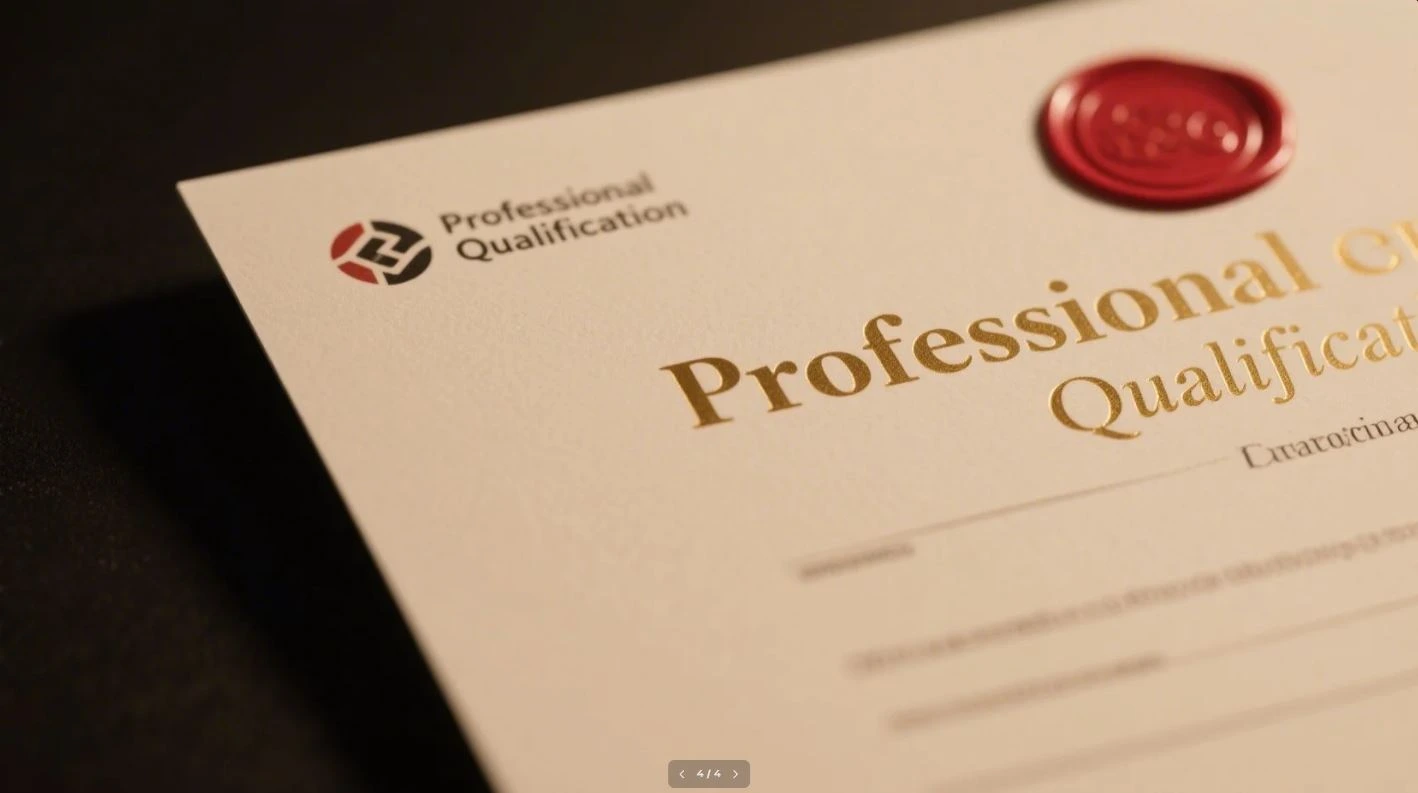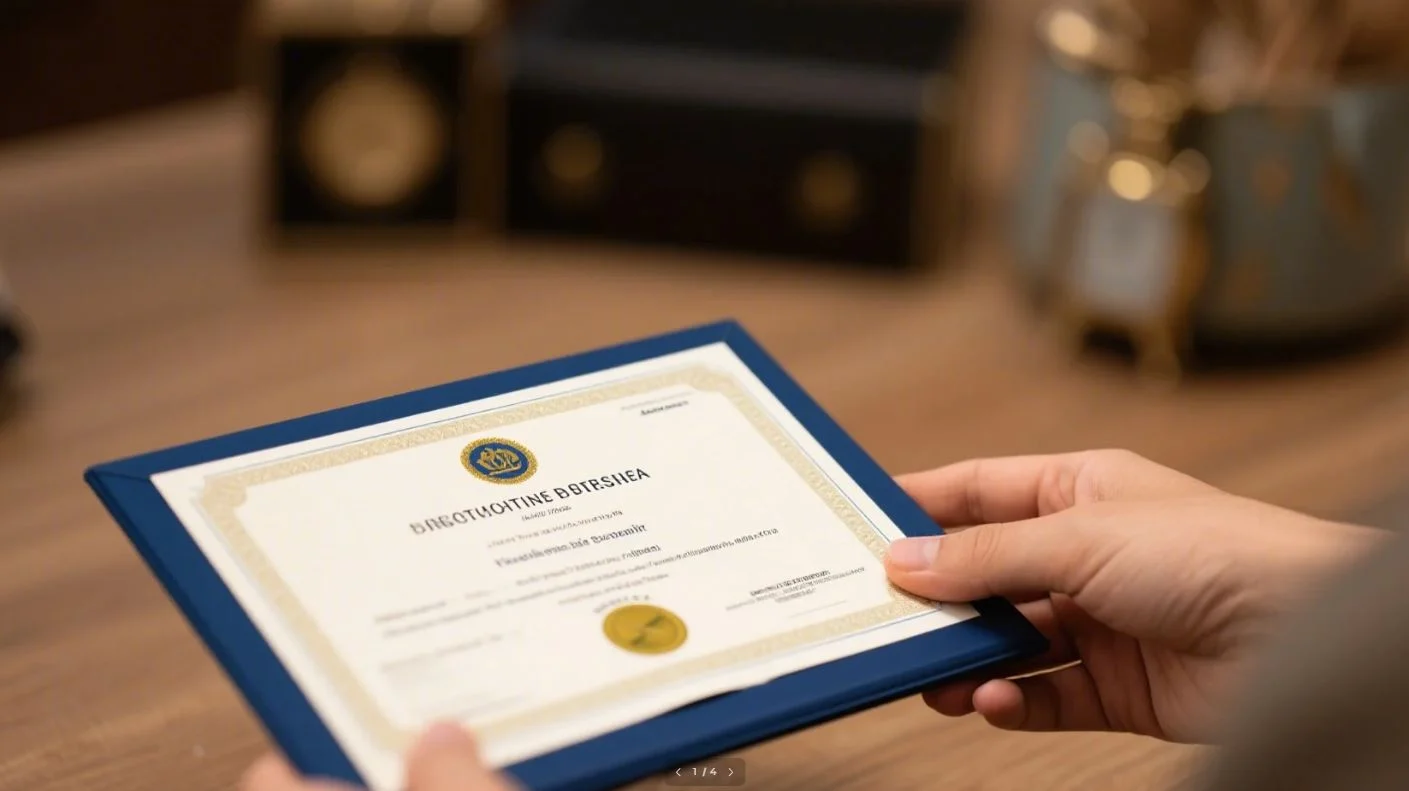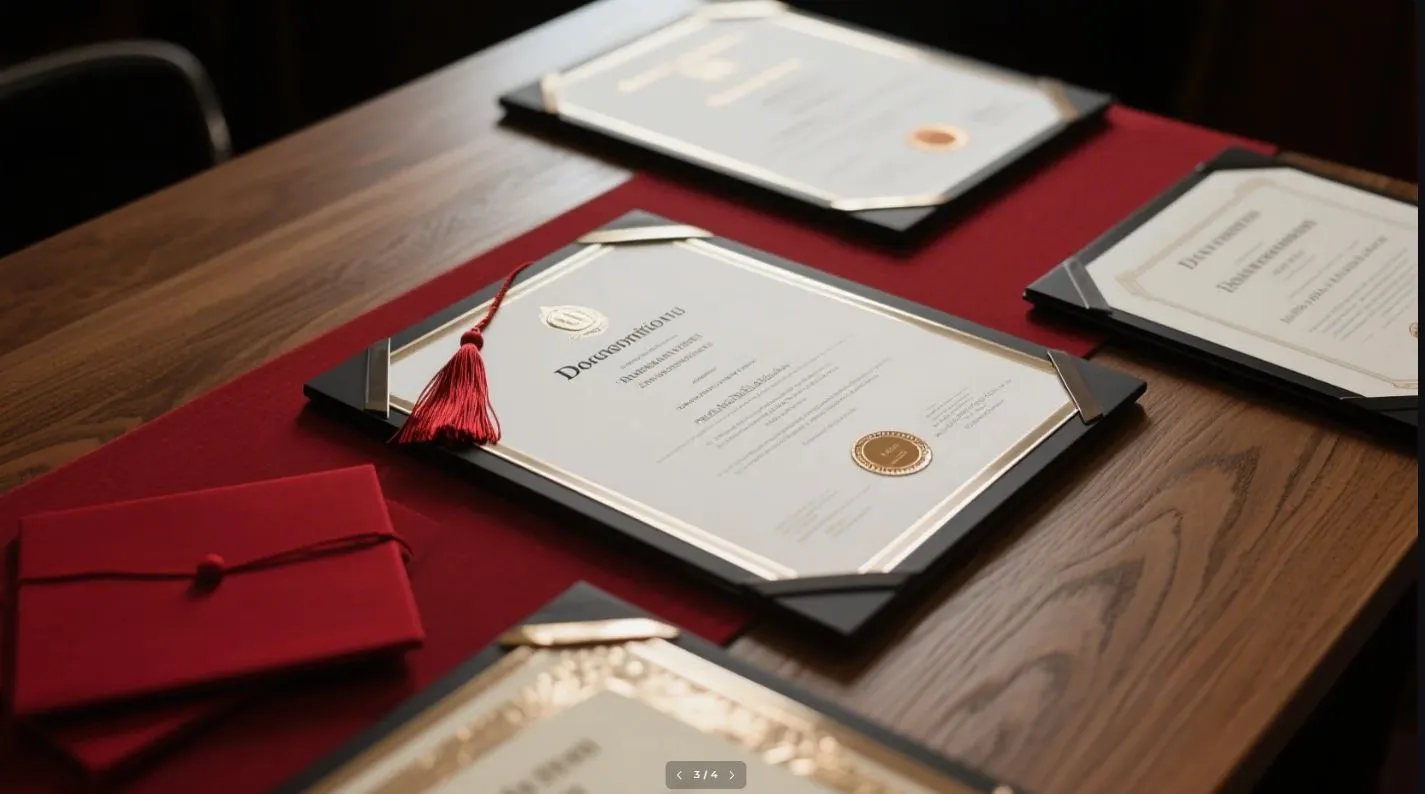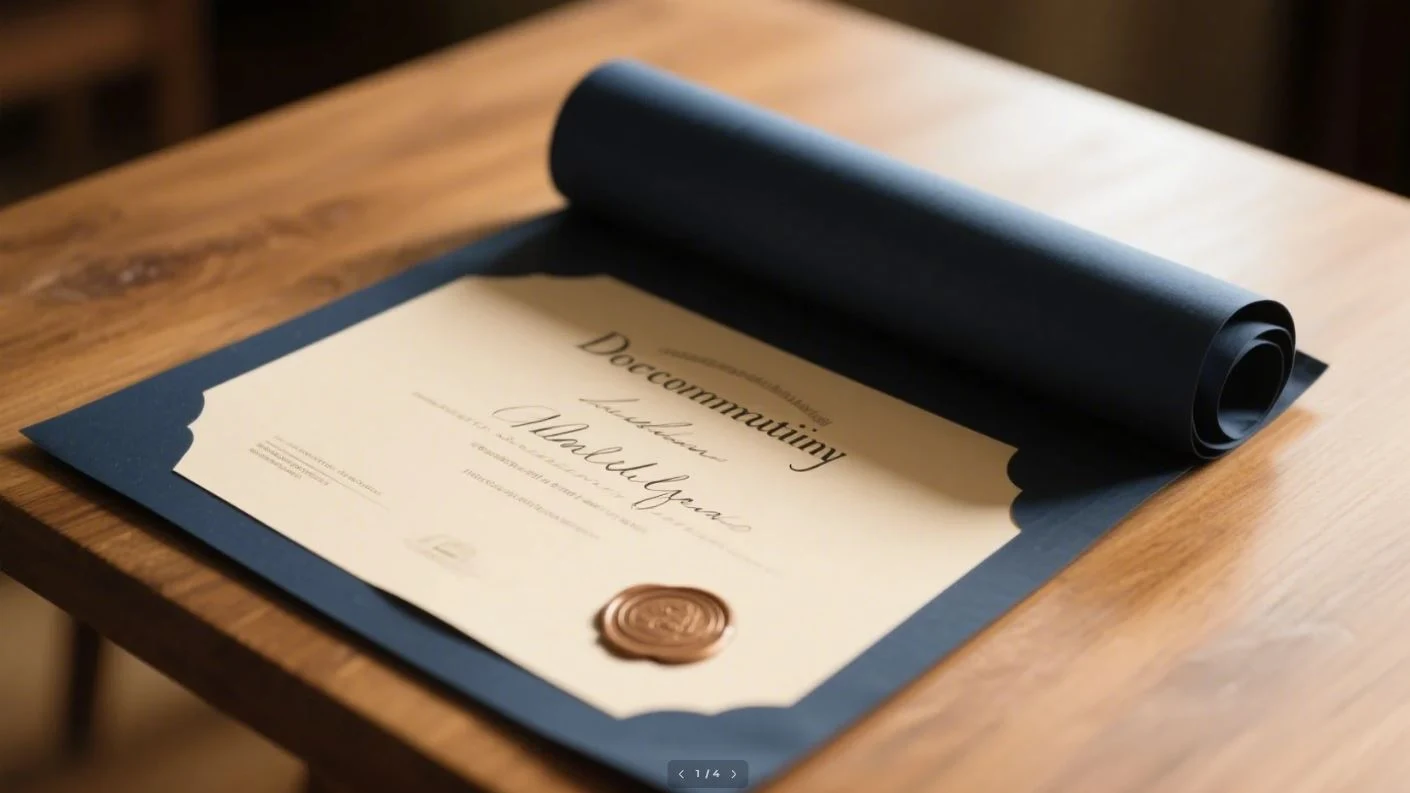Cụm động từ (phrasal verbs) là một phần quan trọng trong ngữ pháp tiếng Anh, giúp người học diễn đạt ý tưởng một cách tự nhiên và linh hoạt. Đặc biệt, các cụm động từ phức tạp và nghĩa bóng mang lại cho ngôn ngữ sự phong phú và đa dạng. Việc sử dụng thành thạo chúng không chỉ giúp nâng cao kỹ năng ngôn ngữ mà còn làm cho giao tiếp trở nên thú vị và sâu sắc hơn.
Tại sao nên học cụm động từ phức tạp và nghĩa bóng?
- Tăng cường khả năng giao tiếp: Sử dụng cụm động từ giúp câu văn trở nên sinh động và hấp dẫn hơn.
- Nâng cao kỹ năng ngôn ngữ: Hiểu và sử dụng cụm động từ phức tạp là một dấu hiệu của trình độ tiếng Anh nâng cao.
- Diễn đạt ý tưởng chính xác hơn: Cụm động từ thường mang theo những ý nghĩa cụ thể, giúp truyền tải thông điệp một cách rõ ràng.
Các cụm động từ phức tạp thường gặp
1. Get around to (something)
Nghĩa bóng: Tìm thời gian để làm điều gì đó.
Ví dụ: “I finally got around to cleaning the garage after months of putting it off.”
2. Look forward to (something)
Nghĩa bóng: Mong đợi, háo hức về một điều gì đó trong tương lai.
Ví dụ: “She is looking forward to her vacation next month.”
3. Put up with (someone/something)
Nghĩa bóng: Chịu đựng, nhẫn nhịn một ai đó hoặc điều gì đó.
Ví dụ: “I can’t put up with his rudeness any longer.”
Cách sử dụng cụm động từ nghĩa bóng
Sử dụng cụm động từ nghĩa bóng giúp ngôn ngữ trở nên phong phú và thể hiện được sắc thái tinh tế trong ý tưởng. Dưới đây là một số cụm động từ nghĩa bóng phổ biến:
1. Break the ice
Nghĩa bóng: Làm cho người khác cảm thấy thoải mái, thường là trong một tình huống mới gặp gỡ.
Ví dụ: “He told a funny joke to break the ice at the beginning of the meeting.”
2. Spill the beans
Nghĩa bóng: Tiết lộ bí mật hoặc thông tin.
Ví dụ: “She accidentally spilled the beans about the surprise party.”
3. Hit the nail on the head
Nghĩa bóng: Nói chính xác về điều gì đó.
Ví dụ: “When he said the problem was the lack of communication, he hit the nail on the head.”
Lợi ích của việc sử dụng cụm động từ phức tạp và nghĩa bóng
- Làm giàu vốn từ vựng: Học và sử dụng các cụm động từ phức tạp giúp bạn mở rộng vốn từ vựng và hiểu sâu hơn về ngữ nghĩa của chúng.
- Tạo ấn tượng tốt trong giao tiếp: Sử dụng cụm động từ thành thạo giúp bạn thể hiện sự chuyên nghiệp và hiểu biết sâu rộng trong giao tiếp.
- Giúp diễn đạt ý tưởng rõ ràng và sinh động: Cụm động từ thường mang theo những ý nghĩa cụ thể và hình ảnh, giúp bạn truyền đạt thông điệp một cách rõ ràng và sinh động.
Việc sử dụng cụm động từ phức tạp và nghĩa bóng là một kỹ năng quan trọng trong tiếng Anh. Không chỉ giúp bạn nâng cao trình độ ngôn ngữ, mà còn giúp giao tiếp trở nên hiệu quả và thú vị hơn. Hãy kiên nhẫn và thực hành thường xuyên để có thể sử dụng thành thạo các cụm động từ này. Chắc chắn bạn sẽ thấy sự khác biệt rõ rệt trong khả năng giao tiếp của mình.
Bài tập: Điền cụm động từ thích hợp vào chỗ trống
- She finally ______ ______ to finishing her novel after years of procrastination.
- We are really ______ ______ to our trip to Paris next month.
- I can’t ______ ______ ______ his bad manners any longer.
- He made a joke to ______ ______ ______ at the beginning of the meeting.
- Someone must have ______ ______ ______ because everyone knows about the surprise now.
- When she described the issue, she really ______ ______ ______ ______ ______.
- Let’s ______ ______ the old documents and see if we can find anything useful.
- They had to ______ ______ ______ the noise from the construction site.
- He ______ ______ ______ a great idea during the brainstorming session.
- The company had to ______ ______ some workers due to budget cuts.
- It’s time to ______ ______ our summer clothes from the storage.
- He was ______ ______ ______ after the exhausting hike.
- We need to ______ ______ ______ to the customer as soon as possible.
- Don’t worry, I’ll ______ ______ ______ it for you.
- The team will ______ ______ ______ the new project next week.
- She ______ ______ a wonderful plan for the weekend.
- Can you ______ ______ ______ the details for me?
- The kids always ______ ______ when they visit their grandparents.
- He needs to ______ ______ the main points in his presentation.
- Let’s ______ ______ ______ the meeting until everyone is available.
- They ______ ______ ______ the house beautifully for the party.
- I can’t ______ ______ what she’s trying to say.
- He needs to ______ ______ ______ his responsibilities.
- She ______ ______ the old photos while cleaning the attic.
- They had to ______ ______ ______ the issue before it escalated.
- He didn’t ______ ______ his promise to help us.
- Can you ______ ______ ______ the new employee?
- She ______ ______ ______ her plans after the sudden change.
- They decided to ______ ______ ______ the old computer.
- We should ______ ______ ______ this opportunity.
- He ______ ______ ______ his duties after the promotion.
- She was ______ ______ by the beautiful scenery.
- He always ______ ______ ______ his old friends.
- They ______ ______ ______ the situation calmly.
- She ______ ______ a different perspective on the matter.
- He needs to ______ ______ ______ the project timeline.
- They decided to ______ ______ ______ the noise.
- She was ______ ______ ______ the new policy.
- Let’s ______ ______ ______ our goals for this quarter.
- He ______ ______ the important documents.
- She needs to ______ ______ ______ the new software.
- They ______ ______ ______ a great solution to the problem.
- He was ______ ______ by his friends’ encouragement.
- She always ______ ______ ______ difficult tasks.
- We need to ______ ______ ______ this problem quickly.
- He ______ ______ ______ a different approach to the issue.
- She was ______ ______ ______ her own thoughts.
- They ______ ______ ______ a plan to increase sales.
- He needs to ______ ______ ______ his old habits.
- She ______ ______ the proposal carefully before making a decision.
Đáp án
- got around
- looking forward
- put up with
- break the ice
- spilled the beans
- hit the nail on the head
- go through
- put up with
- came up with
- lay off
- bring out
- worn out
- get back to
- take care of
- kick off
- came up with
- fill in
- act up
- sum up
- put off
- set up
- make out
- take on
- came across
- deal with
- live up to
- show around
- went through with
- get rid of
- take advantage of
- took on
- blown away
- catches up with
- dealt with
- came up with
- stick to
- put up with
- taken aback by
- set out
- looked over
- get the hang of
- came up with
- lifted up
- takes on
- sort out
- came up with
- wrapped up in
- came up with
- let go of
- went over











